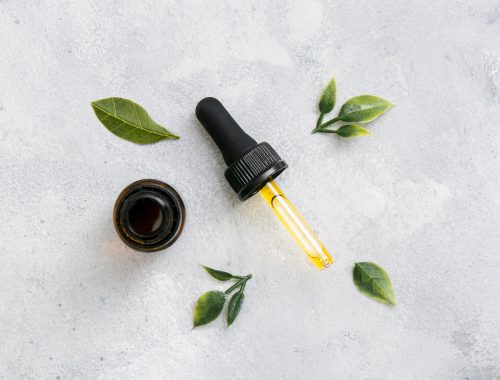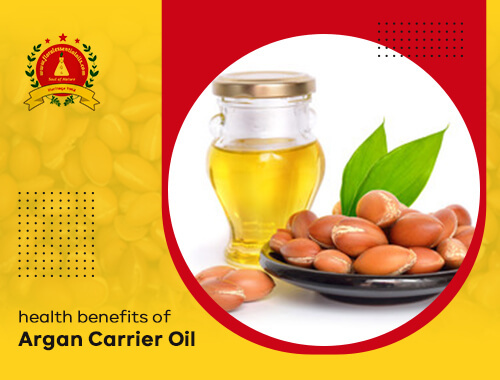The Moroccan argan tree, also known as Argania spinosa, produces fruit pits with kernels used to make argan oil. Cold pressing, which involves applying mechanical pressure with a lot to no heat, is used to extract this oil.
Because it is non-comedogenic and won’t leave the skin greasy, argan oil treats acne. However, its ability to improve dry, dull skin is what makes it most famous. Not only is it safe, but it also benefits all skin types, including those with tattoos. Let’s get right to argan oil application for tattoos.
What Do Tattoos Mean?
A tattoo is a type of body modification in which a pattern is permanently or transiently etched into the dermis layer of the skin. This is done using tattoo ink, dyes, or pigments.
Is Argan Oil Useful For Tattoo Aftercare?
Yes, using argan oil as a tattoo aftercare product is very effective. You probably already know the benefits of vitamin E in argan oil for skin, but these benefits also hold true for tattoo aftercare. Applying argan oil to your tattoo will lessen itching, irritation, and pain without changing the ink or color.
Pure argan oil is the ideal oil to use on newly-inked skin. Since tattoos are skin sores, it is crucial to care for them. Argan oil for tattoos relieves discomfort. Here’s how:
Argan oil Benefits Tattoos
Argan oil soothes skin and heals tattoos quickly without affecting color or ink, earning it the nickname “Liquid Gold” due to its restorative properties. Additionally, it reduces skin irritability.
Repairs Damage: Castor oil is rich in carotenes, a type of vitamin A, and vitamin E, also known as tocopherols. It is well known that these vitamins can stop and repair skin damage
Castor oil is a rich source of antioxidants, which protect skin cells from free radicals. Free radicals are produced when chemicals,, pollutants, and ultraviolet rays come into contact with the skin.
Anti-Inflammatory: Phytosterols, found in phytosterol-rich argan oil, have calming, anti-inflammatory, and anti-irritating properties. Scars and tattoos benefit from them as well as the conditioning and restoration of the skin.
Argan oil has unsaturated fatty acids, which soften skin and soothe itching. Additionally, it absorbs quickly and does not leave an oily or greasy feeling.
How Can Argan Oil Be Used For Tattoos?
Since the skin around your newly acquired tattoo is more susceptible to infection, always wash your hands before touching it. It is advised to use alcohol-free soap to wash the tattoo. After washing, use a clean towel to gently pat dry the area.
Tips for applying argan oil to tattoos
Use your hands to gently massage the area of your tattoo with a few drops of argan oil.
Apply two or three times daily to moisturize the skin.
For a few days after getting your first tattoo, dress comfortably and loosely.
Before spending time outside in the sun, cover your tattoo with a natural, risk-free sunscreen.
Can you use Argan Oil On Tattoos?
Ans: Due to argan oil’s healing properties, you can apply it to your tattoo to relieve itchiness, inflammation, and soreness without affecting the ink or color.
Are tattoos safe with argan oil?
Yes, argan oil is completely safe for tattoos and speeds up healing.
Is argan oil suitable for fresh tattoos?
Argan oil is the ideal oil for an upcoming tattoo. It inherently lessens the pain and irritability of the new tattoo.
Conclusion
For aftercare, argan oil for tattoos is ideal. It hastens skin regeneration when applied to the body, especially in areas where tattoos have been applied. Before using argan oil directly on the tattooed area, conduct a patch test. After the patch test, wait 24 hours to make sure there is no reaction before applying the argan oil. Gently massage the oil into the area until absorbed. Use a small amount, no more than a few drops, to avoid over-moisturizing the skin.



